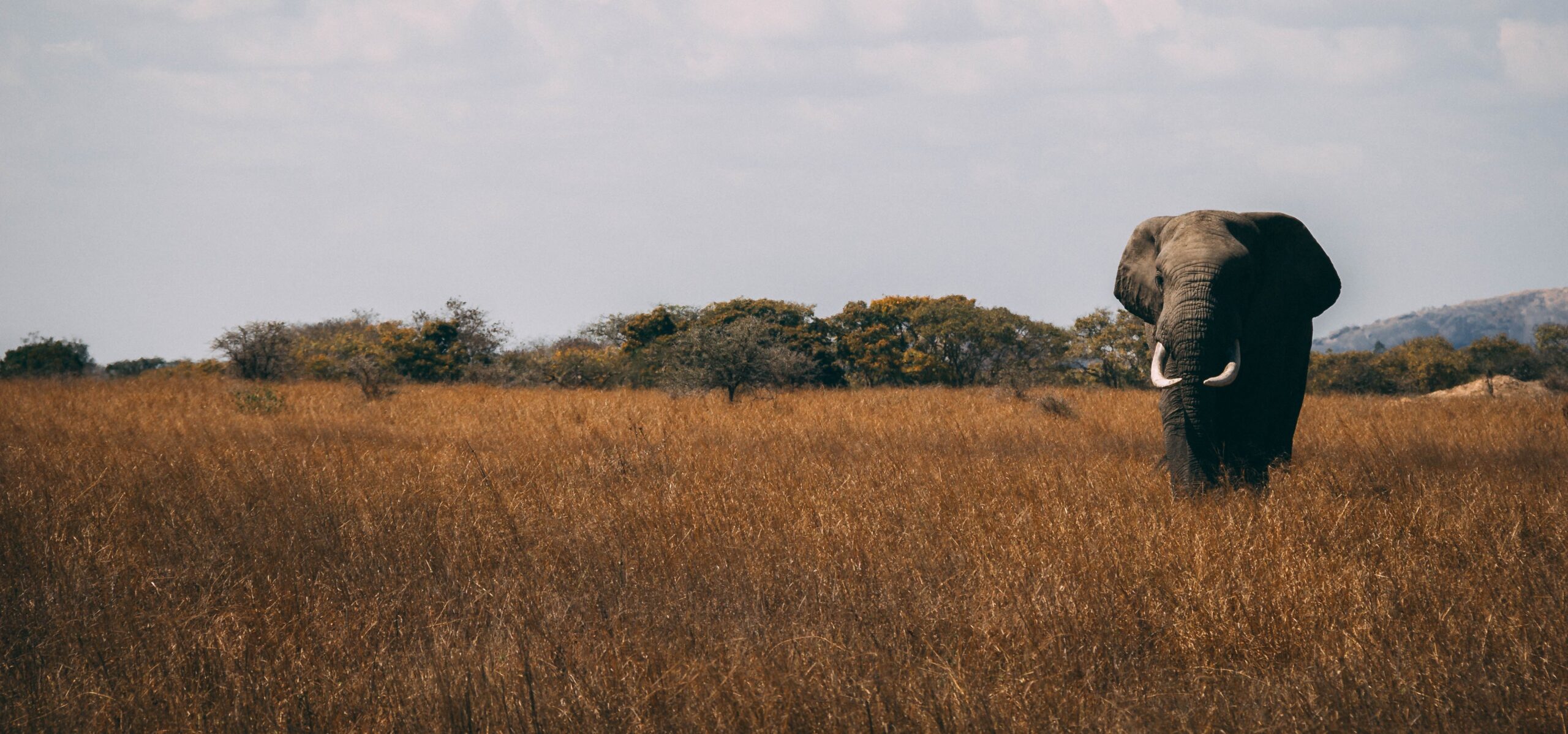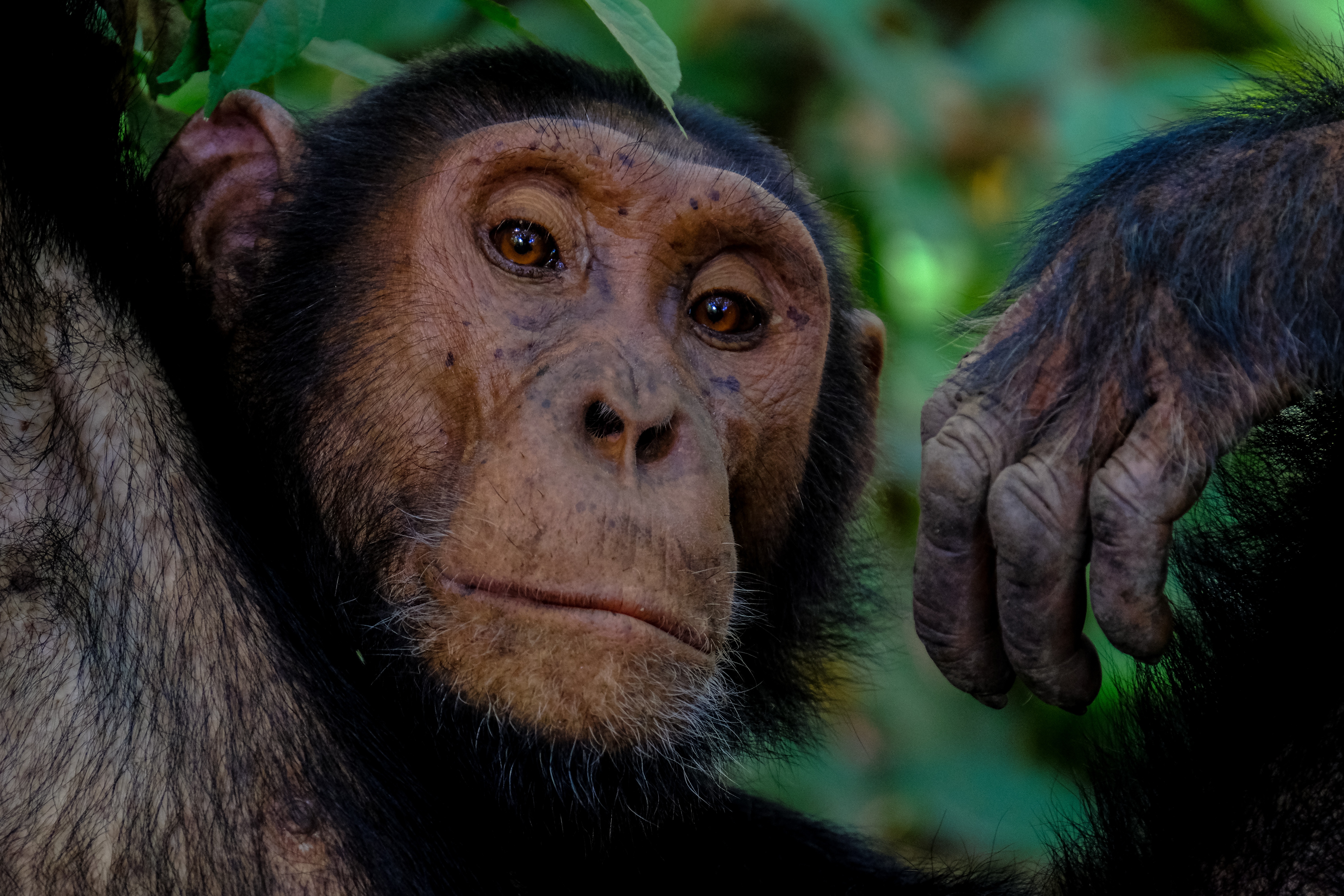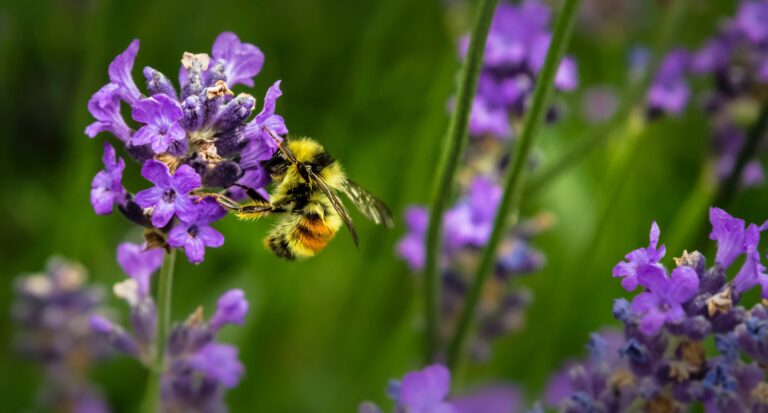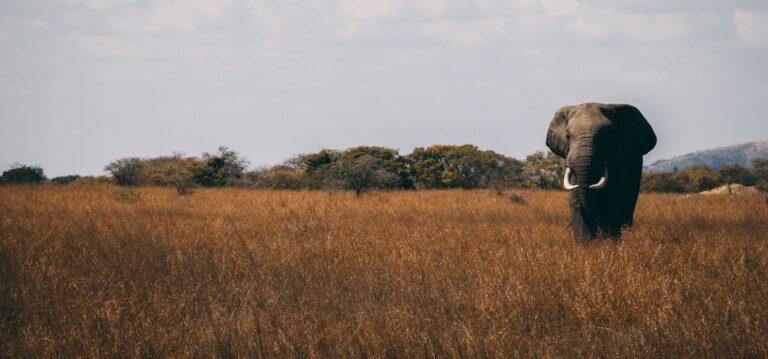
One million species face extinction unless we address population growth
A major new UN report on the state of the world’s biodiversity grabbed headlines this week with its alarming message that nature is being destroyed faster than ever before. Three-quarters of all land environments and two-thirds of all marine environments have been severely damaged by humans over the past five decades, leading to one million species now threatened with extinction.

Drivers of biodiversity loss
The Global Assessment Summary for Policy-makers, published on Monday by the Intergovernmental Science-Policy Platform on Biodiversity and Ecosystem Services (IPBES), urges “transformative” changes to tackle both “direct” and “indirect” drivers of biodiversity loss.
Direct drivers – in descending order of severity – include habitat destruction, overexploitation, climate change, pollution and invasive alien species.
Indirect drivers are the factors fuelling the direct drivers and include human population growth, consumption patterns, technological innovation and governance.
Importantly, the report notes that “In the past 50 years, the human population has doubled, the global economy has grown nearly 4-fold and global trade has grown 10-fold,” and that “changes to the direct drivers of nature deterioration cannot be achieved without transformative change that simultaneously addresses the indirect drivers.”
In other words, we must address human population growth.
More feet, bigger footprints
According to WWF’s Living Planet Report, habitat destruction and overexploitation are by far the biggest drivers of biodiversity loss, accounting for at least two-thirds of all threats recorded for wildlife populations.
Agriculture is the main cause of habitat destruction, with more than a third of the world’s land surface and nearly three-quarters of freshwater resources devoted to crop or livestock production. Another key cause is conversion of land for human habitation, with urban areas doubling since 1992.
Overexploitation of species includes fishing, hunting and logging for timber. Marine species are especially hard-hit, with a third of global fish stocks being harvested faster than they can regenerate.
Nature is changing in part because there’s more of us and we are consuming more. As people become more affluent they have bigger footprints, they eat more, they drive more and they fly more.
Co-author Dr Kate Brauman
Decreasing poverty is undoubtedly a positive development. The only real solutions are a radical shift away from unsustainable consumption in wealthy countries as well as ending, and ultimately reversing human population growth.

What now?
The report highlights that ‘business as usual’ has resulted in a failure to meet most of the 2020 Aichi Biodiversity Targets as well as the 2030 Sustainable Development Goals, and the erosion of life on Earth is expected to get even worse.
World population will grow to 11 billion by the end of the century if no actions are taken to ensure everyone is able to access reproductive healthcare and exercise their rights. Only a complete deviation from current economic and population growth trajectories will save our planet’s life-support system.
IPBES Chair Bob Watson told The Times that limiting population growth was “definitely good for the environment”.
The way you do it is through the education and empowerment of women. Slower population growth is much more consistent with a sustainable future.
Bob Watson, Chair, IPBES
However, the summary for policy-makers sadly fails to include these much-needed solutions in its recommendations.
“Failure to advocate for the positive and ethical solutions which reduce population growth, improve people’s lives and protect biodiversity is simply negligent,” said population Matters Director Robin Maynard.
Negotiations are currently taking place to set new targets and priorities under the principal international agreement for the protection of biodiversity, the UN Convention on Biological Diversity. Population Matters is calling for the so-called “post-2020 framework” to address human population and encourage globally beneficial measures to address population size.



